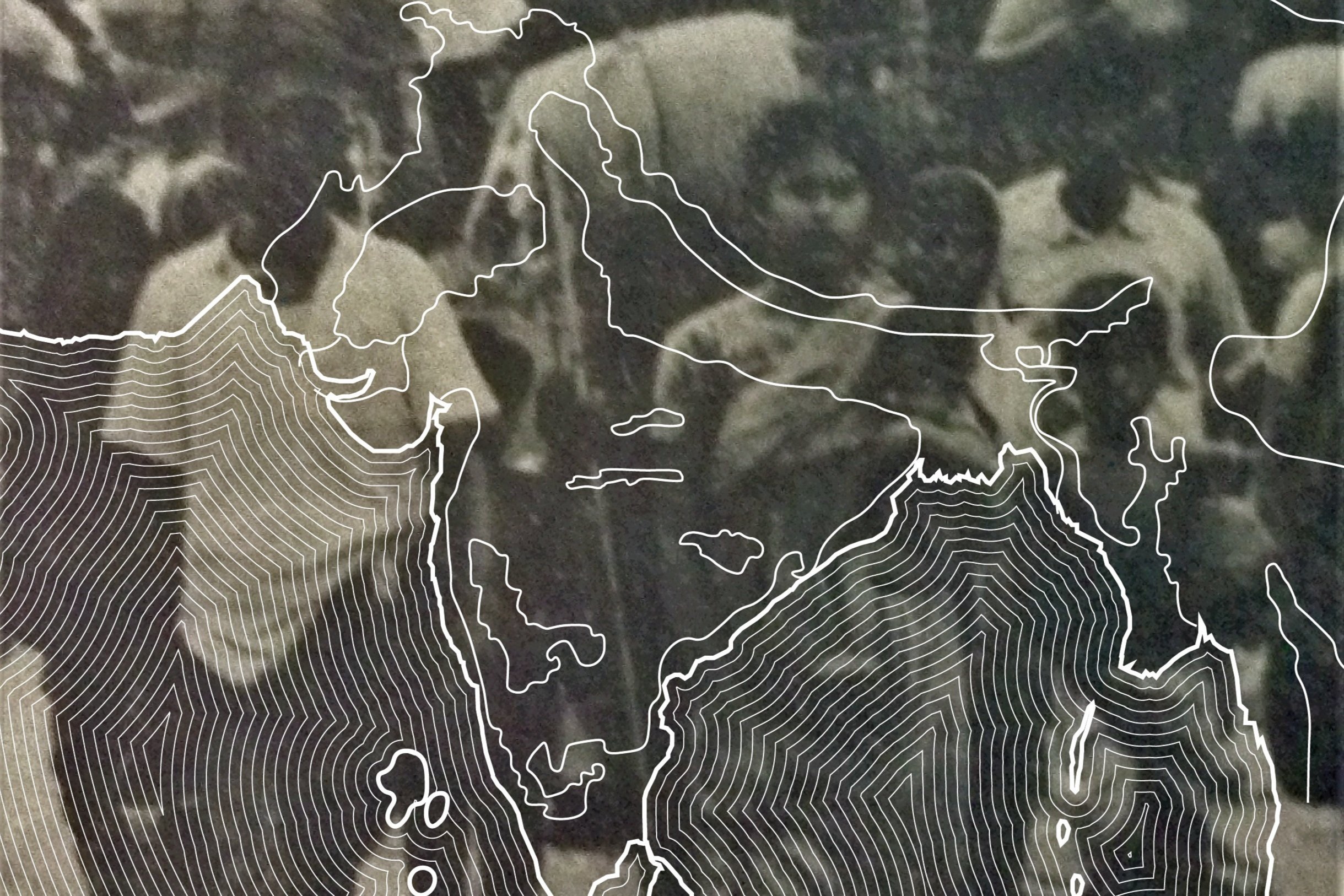
Borders & Border-making in South Asia: 50 Years Since 1971.
Issue 5 - Fall 2021
This year marks the 50th anniversary of the Bangladesh War of Independence of 1971, an event that reshaped the political and geographic borders of South Asia. While Bangladesh won independence, the Pakistani state was defeated militarily and ideologically with the collapse of its “Two-Nation Theory”. The war cemented hostilities between India and Pakistan with the hardening of the Line of Control, further endangered religious minorities in both countries, and gave license to India’s future interference in Sri Lanka and Nepal.
Five decades on, this special issue reviews borders and border-making practices across South Asia. We examine the political, historical, and ideological drivers behind border-making practices, both internal and external. We explore the range of ways actors have re-made borders in the region, be it through nationalist aspirations or “everyday” subaltern subversions. Finally, our issue also asks how the South Asian Left has approached the question of borders, both historically and today.










The 2013 Shahbagh movement offers a critical context for reading the contested histories, paradoxes, and possibilities of left-wing nationalism in Bangladesh's semi-centennial year.